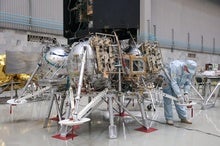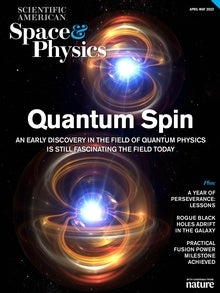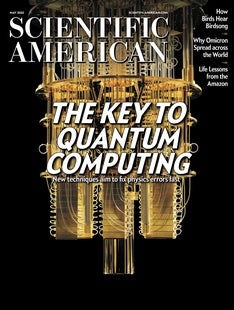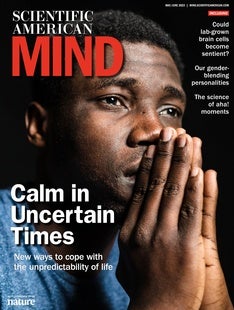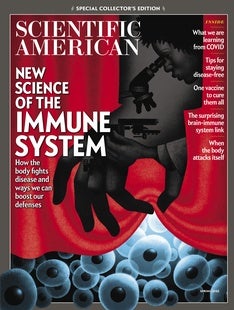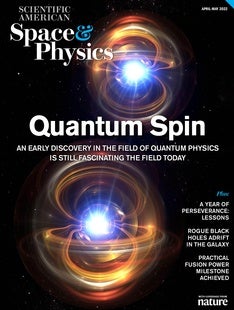 |
| April 28, 2022 |
Dear Reader,
The biggest event of this week—or maybe even of this year, if you're a physicist—is the long-awaited restart of the Large Hadron Collider (LHC), the world's most powerful particle accelerator, which has been shut down since late 2018 to receive repairs and enhancements. Our top story delves deep into the arduous work behind some of the LHC's biggest new upgrades, detailing not only how they were achieved but also the sorts of new physics they may ultimately reveal. Elsewhere, we have articles about the ongoing decay of Russia's international space partnerships, new approaches to quantum-error correction, and the latest chapters in the historic saga of a "lost woman of science," Klára Dán von Neumann. Enjoy! |
| |
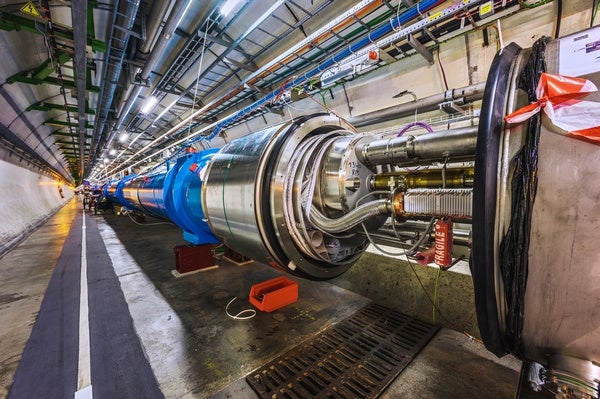 |
| |
| |
| |
| |
| Quantum Computing How to Fix Quantum Computing Bugs The same physics that makes quantum computers powerful also makes them finicky. New techniques aim to correct errors faster than they can build up | | | | |
| |
| |
| |
FROM THE STORE
 | | | |
| |
| |
FROM THE ARCHIVE
 | | | |
LATEST ISSUES
 |
| |
| Questions? Comments?  | |
| Download the Scientific American App |
| |
| |



